China's Foreign Minister Wang Yi expressed his concern over what he perceives as the United States' flawed understanding of China, noting that despite some progress, the U.S. has not fulfilled its promises made during recent high-level meetings between President Joe Biden and President Xi Jinping. Speaking at a news conference during the National People's Congress in Beijing, Wang emphasized the importance of mutual respect and recognition of differences for continued exchanges between the two nations.
Wang highlighted the persistent misperceptions of China held by the U.S., as well as the ongoing extension of unilateral sanctions and methods aimed at suppressing China. He expressed dismay at the level of "crimes" the U.S. wanted to attribute to China, characterizing it as unbelievable. Despite this, Wang acknowledged President Biden's stated commitment to avoiding a new Cold War, respecting China's system, and not supporting Taiwan's independence.
In a broader discussion covering various topics such as relations with Russia, the conflict in Ukraine, Europe, China's economy, and artificial intelligence, Wang struck a measured tone. He emphasized the need for human control over artificial intelligence and announced China's intention to submit a draft resolution on AI to the United Nations General Assembly, emphasizing both development and security aspects.
While tensions between the U.S. and China have somewhat eased since the Biden-Xi summit, they remain in an uneasy detente, particularly with the looming U.S. elections and the possibility of a return to power by China hawk Donald Trump. Wang urged the U.S. to understand China's historical development trend and engage with China objectively and pragmatically.
In addition to the U.S., China faces geopolitical challenges on multiple fronts, including trade disputes with Europe, tensions with Japan, and territorial disputes with the Philippines over the South China Sea. Wang expressed China's willingness to work with Russia to strengthen cooperation and friendship, despite ongoing geopolitical tensions.
Furthermore, China announced an expansion of its visa-free travel scheme, extending visa-free travel to nationals from several European countries. However, Wang noted that reciprocity in visa policies remains an issue, with some European nations yet to reciprocate China's gestures.
Overall, Wang's remarks underscore China's commitment to promoting mutual understanding and cooperation while addressing ongoing challenges in its relations with the U.S. and other countries around the world.



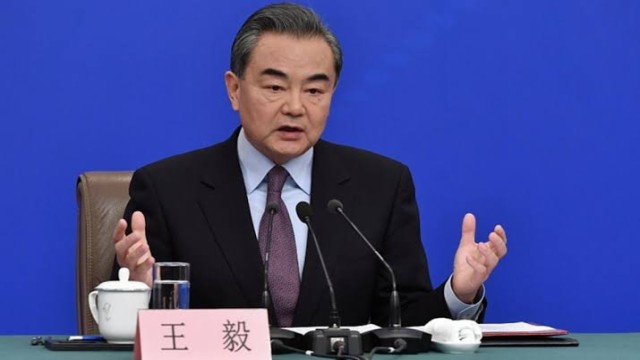



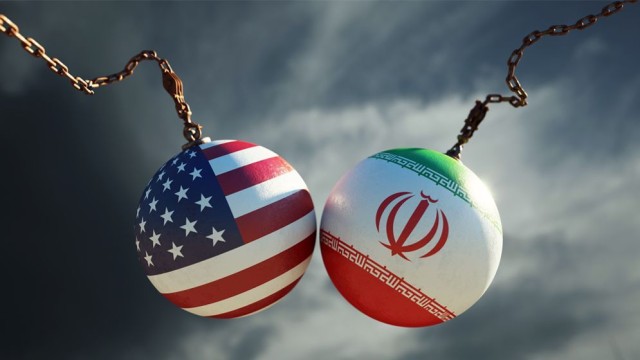

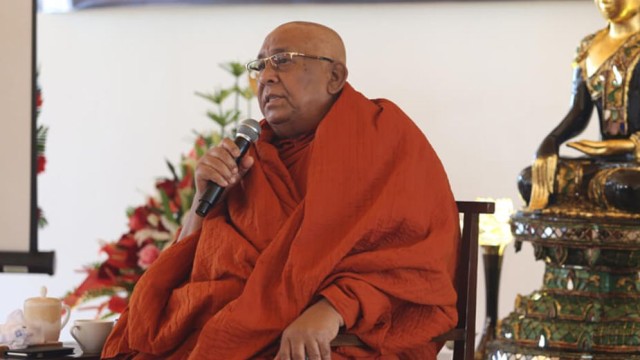
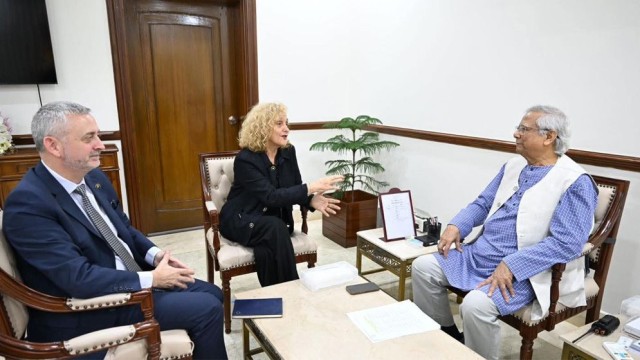


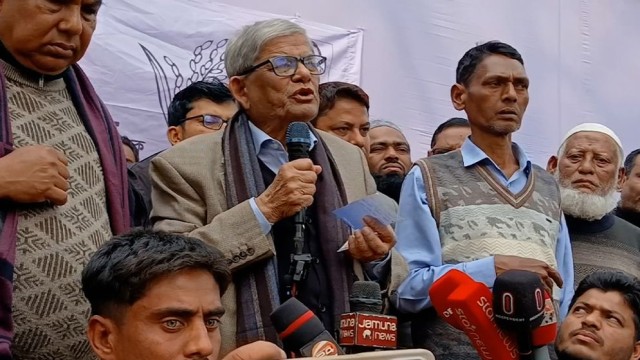





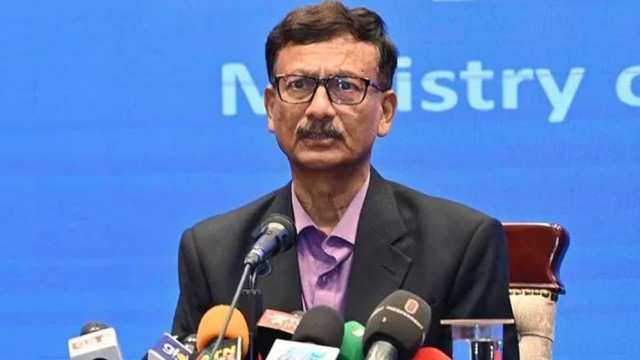





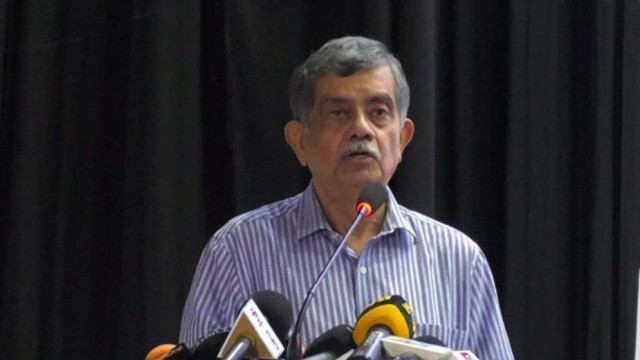



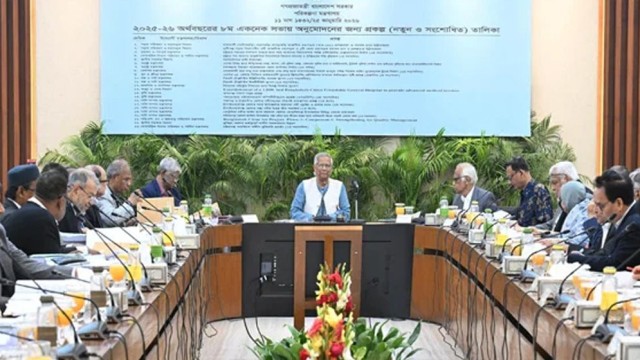
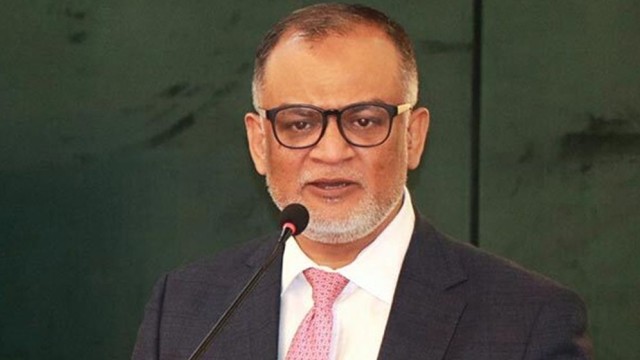
Comment: